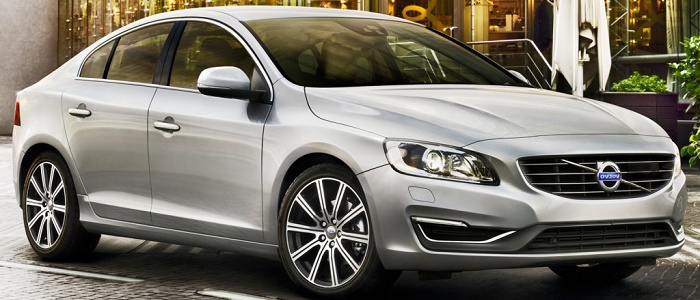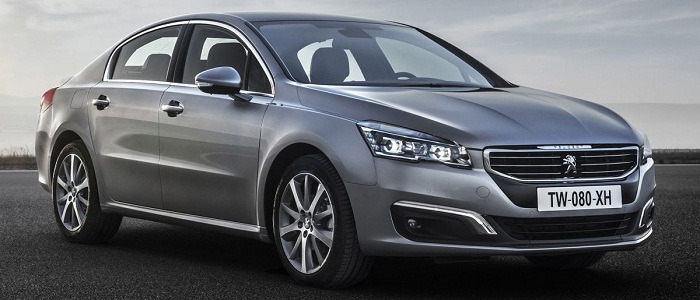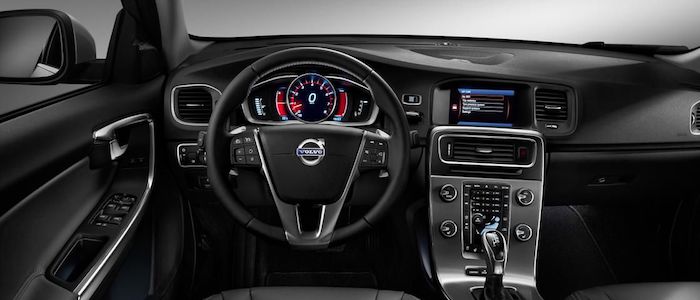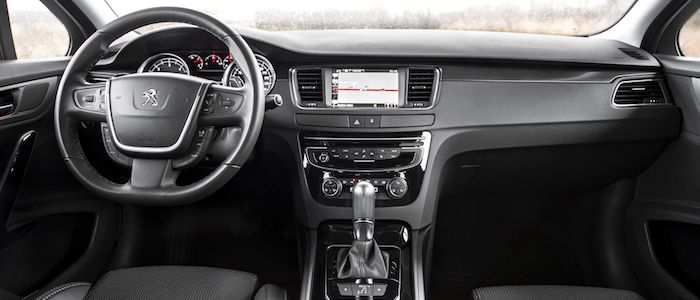Compare two cars
Compare any two cars and get our Virtual Adviser™ opinion
Dimensons & Outlines
Check vehicle history
Engine
Performance (manual gearbox)
Performance (automatic gearbox)
Expenses
Virtual Adviser's™ opinion
Two significantly similar cars, no doubt about that. Still, each one has something different to offer. Having both cars powered by diesel engines and utilizing the 4-door sedan body style within the same 'Large family car' segment, the only major difference here really is their wheel drive configuration (4 x 4 for the Volvo and front in the case of the Peugeot). The first one has a Volvo-engineered powertrain under the hood, a 5-cylinder, 20-valves 215hp unit, while the other one gets its power and torque from a 4-cylinder, 16-valves 180hp engine designed by Peugeot.
SafetyBoth vehicles got tested by European New Car Assessment Programme (Euro NCAP), with the same number of safety stars gained in the process. Still, apart from the official crash test results there are other things we need to be aware of. Both vehicles belong to the large family car segment, which is generally a good thing safety-wise, but it doesn't do much to help us decide between the two. Furthermore, taking kerb weight as an important factor into account, the Swedish car offers a marginal difference of 2% more metal.
ReliabilityI don't like generalizing things when it comes to reliability, although it does seem that Peugeot does have a slight advantage, when all the models are taken into account. These are the official statistics, while our visitors describe reliability of Volvo with an average rating of 3.2, and models under the Peugeot badge with 4.3 out of 5. The same official information place S60 as average reliability-wise, and 508 is more or less at the same level.Above it all, drivers of cars with the same engine as the Swedish car rank it on average as 3.2, while the one under the competitor's bonnet gets 4.5 out of 5.
Performance & Fuel economyVolvo is a bit more agile, reaching 100km/h in 0.9 seconds less than its competitor. Still, it lacks the power to win the top speed competition, topping at 225 kilometers per hour, 5km/h less than the other car. When it comes to fuel economy the winner has to be the French car, averaging around 4.4 liters of fuel per 100 kilometers (64 mpg), in combined cycle. We can't ignore that 43% difference compared to the Swedish car.
Verdict
Peugeot is apparently more reliable, not too much, but just enough. The most important thing when deciding between any two vehicles should always be safety, both passive and active. In my opinion, everything taken into account, the Swedish car offers slightly better overall protection and takes the lead. When it comes to performance, both vehicles provide similar experience, so I wouldn't point any of them out. the French car , on the other hand, consumps significantly less fuel, and that's a big plus. It's not difficult to say then that if I'd need to make a choice, it would definitely be the Peugeot. In any case that's my personal view, built upon all the data available to me. What should decide here though is the way you feel about the two vehicles, and I hope you'll find my guidelines useful in the process. Also, you could use the oportunity to find out which car, everything taken into account, would be the perfect choice for you in the eyes of the virtual adviser™, among thousands of similar, yet so different vehicles.
































